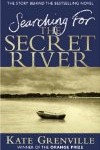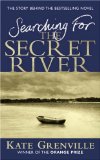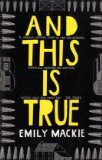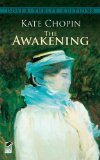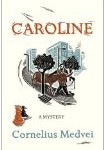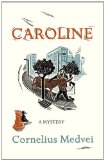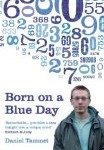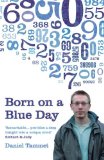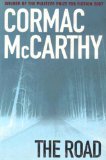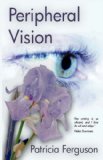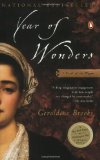Publishers want you to buy their books and so will do their very best to ensure that the blurb on the back of every book is well written and appealing. They can make even the most boring book sound great. Don’t believe me? Go and find a book that you didn’t enjoy and read its blurb. Sounds appealing doesn’t it?!!
The problem is that blurbs give little insight into what the experience of reading the book will actually be like. I recommend ignoring the blurb and turning straight to the first page of the book. Reading the first few paragraphs will give you much more useful information about the writing style and a better indication of whether or not you are likely to enjoy reading the book.
I have always known that I am terrible at selecting books simply from reading the blurb. In my pre-blogging days I wandered around libraries picking up books that had appealing covers and found a very poor percentage of them to be enjoyable. Now I have an array of wonderful bloggers to provide me with book recommendations I rarely read the blurb on a book, but last week I investigated the Waterstone’s 11 and noticed just how poorly my thoughts on the blurb matched with my enjoyment of the first chapter. If I had to rank the books based solely on their blurbs then Pigeon English wouldn’t have got near the top, but I only had to read the first few lines to know that it is a book I’ll love.
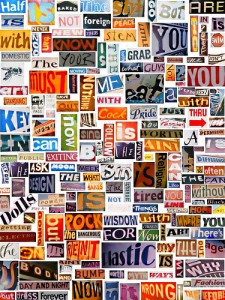
Another problem with blurbs is that they often give away too much of the plot for me. I prefer to know as little as possible about the story that is about to unfold and even though few books give away the ending, most will explain the events of the first 50 pages. I don’t like having the first hour of my reading experience summarised in a few lines – it lessens its impact.
What is the solution?
I occasionally receive proof copies of books in plain, unmarked covers. I love the fact that I am unable to form an impression of these books from the cover – it leads me to begin the book without any preconceptions and an open mind. I know that people like their pretty covers too much for this to ever happen and so the most I can do is persuade you not to read the blurb before reading the book. Try to decide if a book is for you by reading words the author has written, not the publisher.
Do you like reading blurbs?
When deciding whether or not to read a book do you read the blurb or the first page?

